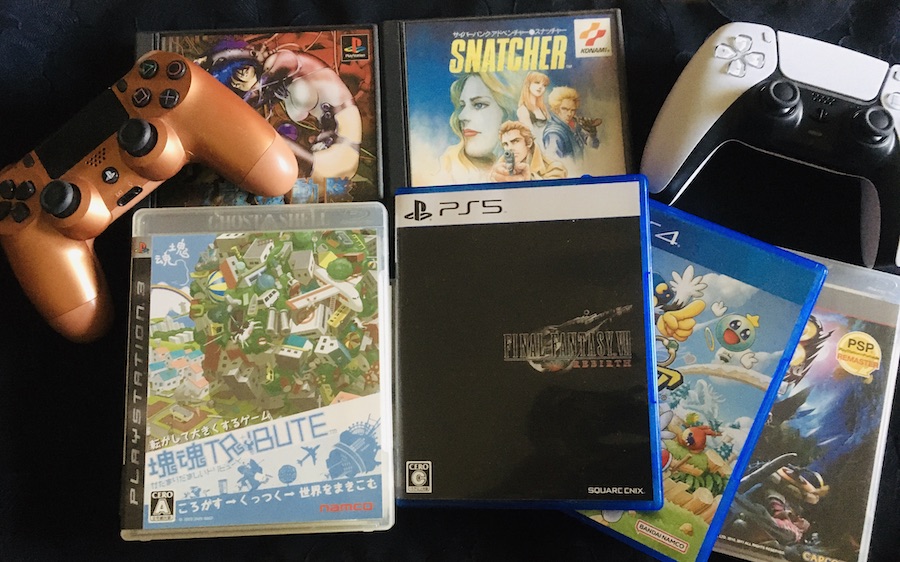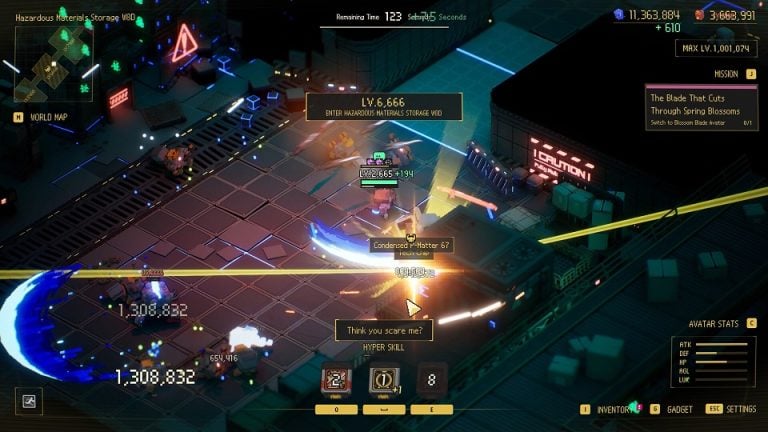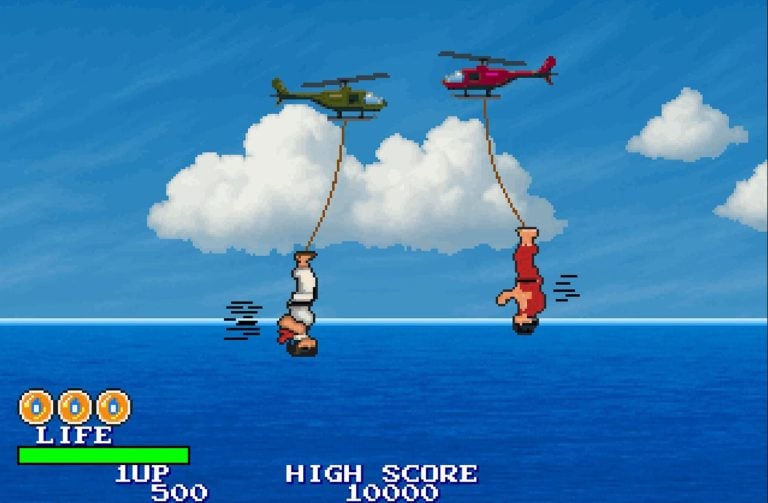Recently, the topic of whether it is right or wrong to resell games has broken out on Japanese social media. The results of this debate have revealed interesting differences in how older and younger generations consume games.
Youtuber and game blogger Retro Game Raider Jones (whose profile seems to be based on the old Indiana Jones series of licensed games), weighed in on this topic- sparking a deeper examination of why generational differences in people’s attitude towards reselling games seem to exist in Japan.
Talking to young people who call themselves gamers at work, I’m taken aback when many of them say “I sell games soon after I’ve played them.” It comes as a bit of a surprise to hear them go “I loved it!” followed by “I’ve already sold it!”
It’s not that young people don’t like games, so they sell them immediately after completing them. Rather, it’s because young people like playing games that they sell their completed games quickly, so they can play the next new release before anyone else.
So, I think the distinction between playing and owning games does not exist for the younger generation.
However, as the older generation, we tend to be very particular about owning things that we like, so it is very easy for misunderstandings to occur around this topic. I think we should be careful not to get our wires crossed with the younger generation.
Others suggested that younger people selling games was not because of financial issues but due to lack of space.
I think it’s good for you people who don’t hoard things to sell their games.
Space is limited.
Japan has many second-hand stores where people can trade in their old games- everything from retro NES cartridges to current generation titles (Book Off and Surugaya are two chains that you can find in many towns and cities). This ease of selling old games when you are done with them no doubt contributes to this trend that Japanese netizens are noticing. However, as mentioned by user satoimo8823 above, second-hand stores usually don’t give you much money for your used games. Therefore, limited space probably plays a bigger role in people’s decisions to sell games.
Young people in their 20s and 30s are likely to live in small apartments or in a room in their parents’ house. Japanese apartments tend to be rather small compared to those in many western countries- recent data from February 2024 reveals that the average apartment size in Tokyo, for example, is 422 square feet (in comparison, New York has the smallest average apartment size in the USA at 702 square feet). This lack of space could make it difficult to have a lot of physical games.
Physical vs. digital games is also a big topic of discussion among gamers (for example, this was recently talked about by well-known YouTubers). One of the downsides of digital that is often pointed out is that you can’t resell these games once you’re done playing. Furthermore, although digital storefronts do have sales and offer subscription services like Gamepass or PlayStation Plus, if you are looking for a specific game, a physical copy of it might well be cheaper in second-hand stores or even new. Therefore, it’s easy to see how a combination of space limitations and the ease of buying and reselling physical games could lead to this trend among younger generations of gamers in Japan.
However, others commented that nothing had changed, as there have always been people who will buy lots of new games then sell them, and others who prefer to amass a collection.
Without the consumers there would be no second-hand market. So, these people (who buy games and then resell) are necessary.
What is your opinion on reselling games? Do you think older generations of gamers value owning games more than the younger generation?






For someone that is in the younger category I noticed my ways of buying things have changed due to space and also due to the fact of convenience. For example with digital I can download a game 1 hour before midnight and play it rather than wait until the next morning, then play it. Also the space games take up a lot of space especially for someone like me who buys a decent amount used and new, my place was getting a bit on the huge side which is why I prefer digital. The only scary thing is there is no way to sell and there might be ownership issues down the line with the exception of Steam.